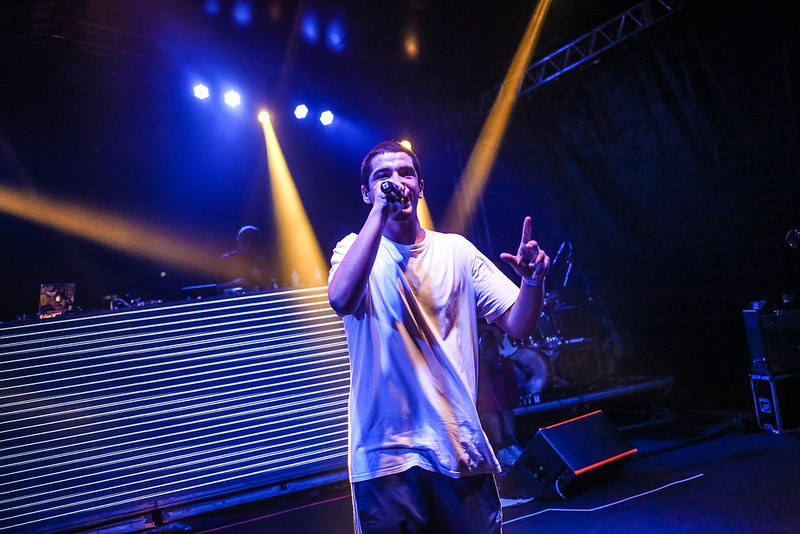| Separating real threats from mere amusements becomes difficult the more society frolics in the mire. On Monday, there was no mistaking intent as a student at Fremont High in Weber County noticed a classmate with a gun in the waistband of his pants. The weapon clearly was in the wrong place and in the wrong hands. Given the strange recurring Columbine nightmare of the nation’s youth, the student who saw the gun wasted little time in telling authorities. |
| | Police said the gun-carrying student later confessed he planned to shoot a girl and other students. But what if the threat instead was in the form of a Facebook post? What if it was expressed in the form of rap lyrics? Should that alone be enough to land someone in jail? If you read the transcript of a U.S. Supreme Court hearing Monday of a case involving a Pennsylvanian named Anthony Elonis, and his feelings about his estranged wife, you get a glimpse into a group of highly educated men and women tying themselves into verbal pretzel knots over where to draw lines in the time-honored and constitutionally protected right to free speech. This wouldn’t be so hard if society’s collective line of social propriety still fell far from the brink of real violence and pain. Americans have long understood it’s OK to call the president a fink, but not to threaten his life. They have long appreciated the practical line between booing a performance and yelling “fire!” in a theater when there is none. But today’s social standards turn yesterday’s common sense into hair-splitting riddles. For instance, it’s apparently OK to pay good money to hear a performer rap about tying a rope around the neck of “mommy” and throwing her in a lake, to paraphrase Eminem. But what about posting original rap lyrics on Facebook that threaten your wife, a local kindergarten class and the FBI agent who came around to see what all the ranting was about? This is what Elonis did. The Justice Department’s attorney, Michael Dreeben, argued it’s OK for Eminem to spew his venom, because “it’s pretty clear that the purpose of the communication is entertainment.” To which Chief Justice John Roberts responded, “So how do you start out if you want to be a rap artist?” That is what Elonis says he wants to know, as well. He is challenging his 44-month prison sentence for his Facebook posts, and has said, "Art is about pushing limits." The “art” was lost on his wife, who feared for her life and obtained a protective order. Elonis responded with another rap that wondered whether the order was thick enough to stop a bullet. In trying to keep Elonis in jail, the government argued the test of a Facebook rant should be whether a “reasonable person” would feel threatened by it. But even that poses problems in today’s world. What sort of reasonable person are we talking about, Roberts asked? “… is it a reasonable teenager on the Internet?” That provoked laughter in the courtroom, but the question really isn’t so funny. Earlier this year, a mother in Salt Lake City called police after seeing specific threats against her son on social media. Police investigated and found the young men who had made the threats, as well as a gun and ammunition. This is not a rant about violent lyrics inspiring violence in others. FBI statistics show that violent juvenile crime has been falling for years. It is to say, however, that those intent on doing wrong have never found it easier to hide behind popular culture. In a recent New York Times column, Arthur Brooks, the president of the American Enterprise Institute, discussed the notion of “moral elevation,” which psychologists describe as how people who view virtuous behavior begin to feel more virtuous themselves. It is reasonable to suggest that those who wallow in the opposite behavior will begin to feel the opposite of virtuous. Regardless how the Supreme Court rules in this case, we all would be better off if the lines between good and bad behavior once again were clearer, and if more people demanded art that elevated them. |


 RSS Feed
RSS Feed

